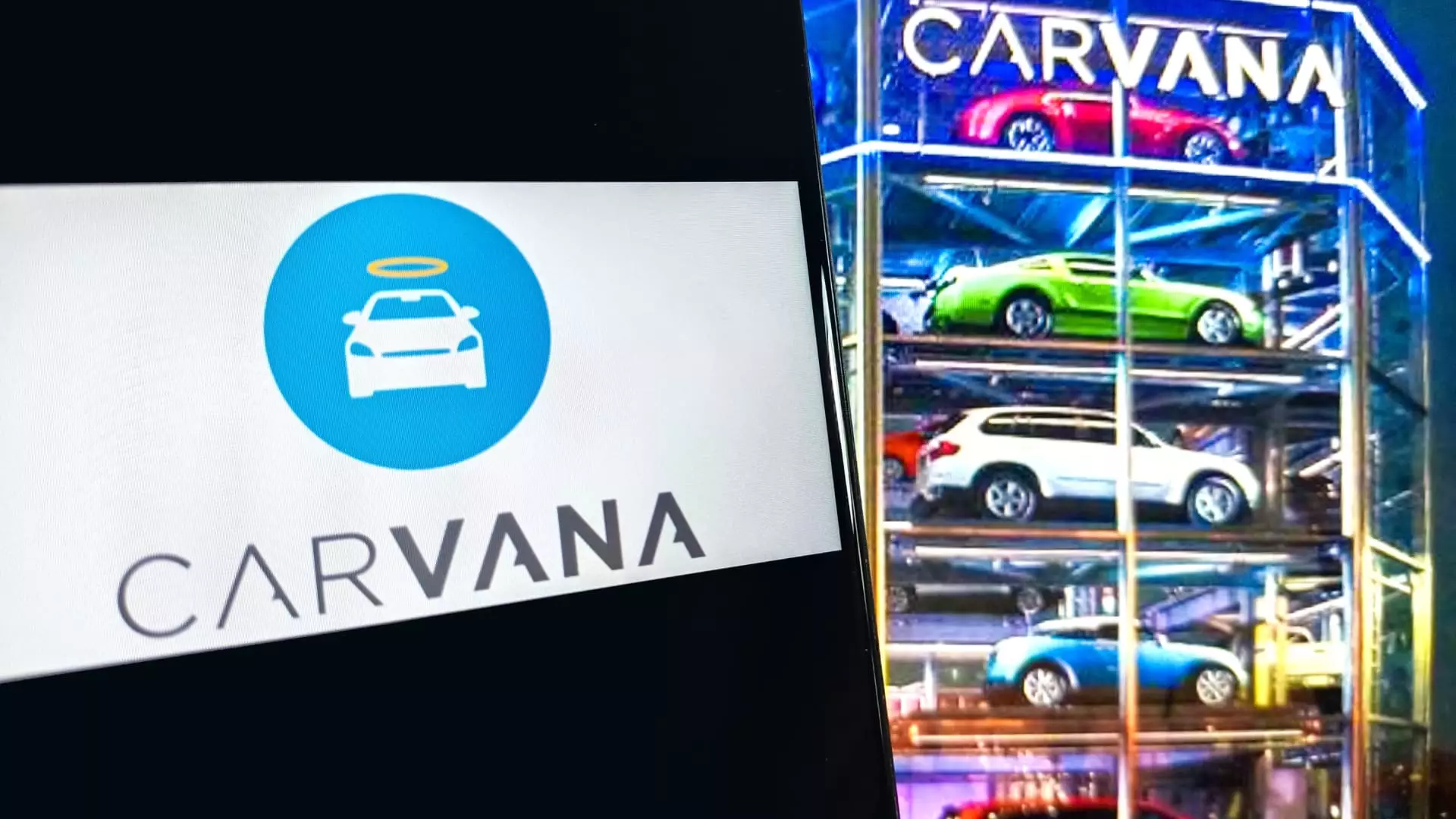Hindenburg Research, a well-known short-selling firm, has stirred the waters of the online used-car market by expressing skepticism about Carvana’s recent resurgence. In a recent report, Hindenburg labeled Carvana’s reported turnaround as “an illusion,” asserting that it is fundamentally underpinned by precarious lending practices and potential accounting discrepancies. With the company’s shares experiencing significant volatility—a dramatic surge of nearly 400% throughout 2023, followed by a 3% decline right after the report—investor confidence is now hanging in the balance.
Central to Hindenburg’s allegations is Carvana’s approach to loan sales and the intricate relationship between CEO Ernie Garcia III and his father, Ernest Garcia II. Not only is Garcia II the largest shareholder of Carvana, but he also possesses a background in the automotive industry through his ownership of DriveTime, a car dealership that has been under scrutiny itself due to prior fraudulent activities. Hindenburg claims to have discovered approximately $800 million in questionable loan sales connected to what they call “an undisclosed related party.” This significant financial shuffle raises alarming questions about transparency and ethical practices within Carvana’s operational framework.
Moreover, Hindenburg posits that Carvana’s loan servicer—a subsidiary of DriveTime—has been revamping borrower extensions as a way to mask elevated levels of delinquency in repayments. By extending loans rather than reporting defaults, Carvana may be artificially inflating its apparent financial health. Such practices could mislead investors regarding the company’s actual fiscal condition and growth trajectory, creating an unstable foundation for what was previously perceived as a successful recovery.
Historical Context and Previous Scrutiny
This isn’t the first instance the Garcia family has faced scrutiny. Past accusations, including allegations of a “pump-and-dump” scheme designed to benefit insiders at the expense of retail investors, have tarnished their reputation. Carvana, which went public in 2017 after breaking away from DriveTime, has benefitted significantly from its association with the latter. Yet, the intertwining of these companies raises further concerns about conflict of interest, especially considering that Carvana must rely on DriveTime for crucial financing servicing and collections.
As allegations surrounding Carvana’s financial practices grow, the onus is on the company to address these claims transparently. Investor sentiment, currently fraught with uncertainty, hinges on how effectively Carvana can navigate this turbulent chapter. Moving forward, stakeholders must carefully assess the implications of Hindenburg Research’s allegations, as they may have profound repercussions not only for Carvana’s market performance but also for broader investor confidence in the online vehicle retail sector.

